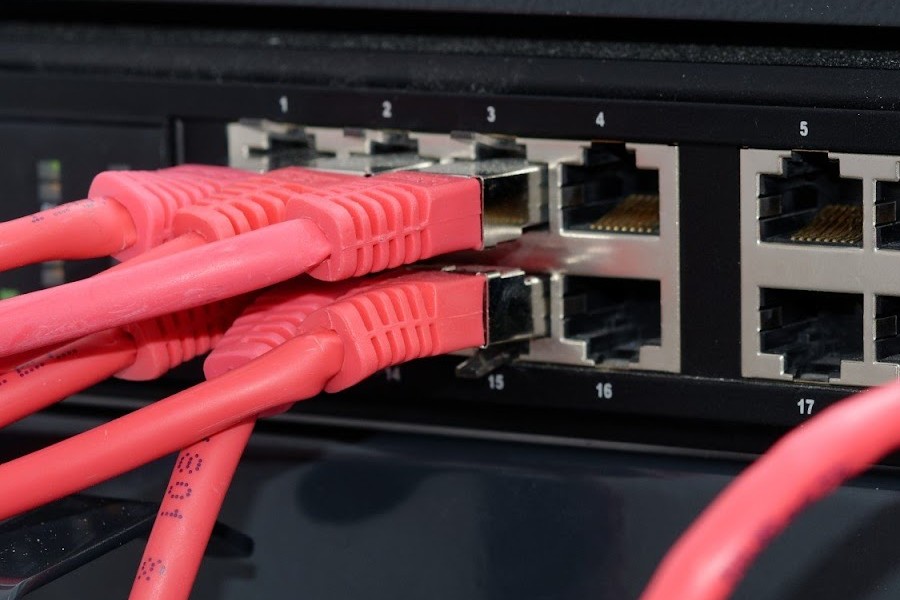
Hot water heat pumps are becoming an increasingly popular choice for residential and commercial water heating due to their efficiency and environmental benefits.
Unlike conventional water heaters that rely on direct electric resistance or gas combustion, hot water heat pumps transfer heat from the surrounding air or ground to heat water. This article delves into the working principles, components, benefits, and considerations of hot water heat pumps.
Working Principles of Hot Water Heat Pump
A hot water heat pump operates on the basic principle of heat transfer, similar to how a refrigerator or air conditioner works. Instead of generating heat, it moves heat from one place to another. The process involves four main stages: evaporation, compression, condensation, and expansion.
1. Evaporation: The refrigerant, a special fluid with a low boiling point, absorbs heat from the surrounding air or ground in the evaporator coil. This heat causes the refrigerant to evaporate and turn into a gas.
2. Compression: The gaseous refrigerant is then compressed by a compressor, which increases its pressure and temperature. This step is crucial because it raises the temperature of the refrigerant to a level that can be used to heat water.
3. Condensation: The hot, high-pressure refrigerant gas passes through the condenser coil, where it releases its heat to the water stored in the tank. As the refrigerant loses heat, it condenses back into a liquid.
4. Expansion: The liquid refrigerant then passes through an expansion valve, where its pressure is reduced, allowing it to cool down and return to the evaporator to start the cycle again.
Key Components of Hot Water Heat Pump
Several key components make up a hot water heat pump system:
- Evaporator: This component absorbs heat from the air or ground.
- Compressor: The compressor increases the temperature and pressure of the refrigerant.
- Condenser: The condenser transfers heat from the refrigerant to the water.
- Expansion Valve: This valve reduces the pressure of the refrigerant, allowing it to cool and restart the cycle.
- Refrigerant: A fluid that facilitates the heat transfer process by cycling between liquid and gaseous states.
- Types of Hot Water Heat Pumps
There are two primary types of hot water heat pumps:
1. Air-Source Heat Pumps (ASHP): These extract heat from the ambient air. They are easier to install and generally more affordable but may be less efficient in extremely cold climates.
2. Ground-Source Heat Pumps (GSHP): Also known as geothermal heat pumps, these extract heat from the ground. They tend to be more efficient and consistent year-round but require more extensive installation, including underground piping.
Benefits of Hot Water Heat Pump
Hot water heat pumps offer several advantages:
- Energy Efficiency: They can be 2-3 times more efficient than traditional electric or gas water heaters. This is because they move heat rather than generate it, using less electricity overall.
- Environmental Impact: By using less electricity, heat pumps reduce greenhouse gas emissions. This is particularly beneficial in regions where electricity is generated from renewable sources.
- Cost Savings: Although the initial cost may be higher, the energy savings over time can offset the higher upfront investment. Many regions also offer incentives and rebates for installing energy-efficient systems.
- Durability and Longevity: Heat pumps generally have a longer lifespan compared to conventional water heaters, often lasting 15-20 years with proper maintenance.
Considerations To Keep In Mind
While hot water heat pumps offer numerous benefits, there are some considerations to keep in mind:
- Initial Cost: The upfront cost of purchasing and installing a hot water heat pump can be higher than traditional water heaters. However, the long-term savings on energy bills can compensate for this initial expense.
- Climate: The efficiency of air-source heat pumps can be affected by the ambient temperature. In colder climates, their performance may decrease, and supplementary heating may be needed.
- Space Requirements: Heat pumps require adequate space for the unit and proper ventilation. For ground-source heat pumps, additional space is needed for underground piping.
- Noise: Some heat pump systems can be noisier than conventional water heaters, particularly air-source units. It’s important to consider the placement of the unit to minimize noise disruption.
Conclusion
Hot water heat pumps represent a forward-thinking approach to water heating, leveraging the principles of heat transfer to provide an efficient, cost-effective, and environmentally friendly solution. By understanding their operation, benefits, and considerations, homeowners and businesses can make informed decisions about integrating these systems into their buildings. As technology advances and the push for sustainable energy solutions continues, hot water heat pumps are poised to play a significant role in the future of water heating.
Become a Harlem Insider!
By submitting this form, you are consenting to receive marketing emails from: Harlem World Magazine, 2521 1/2 west 42nd street, Los Angeles, CA, 90008, https://www.harlemworldmagazine.com. You can revoke your consent to receive emails at any time by using the SafeUnsubscribe® link, found at the bottom of every email. Emails are serviced by Constant Contact











